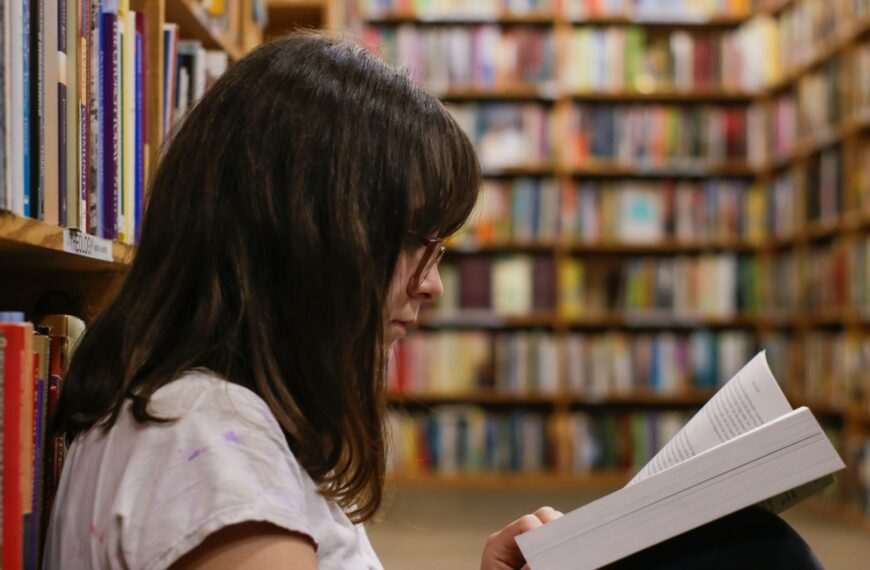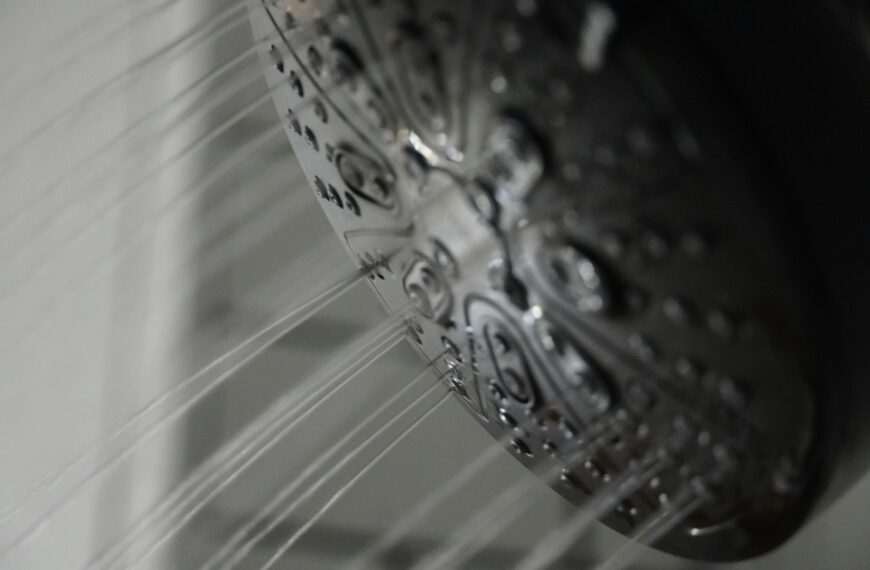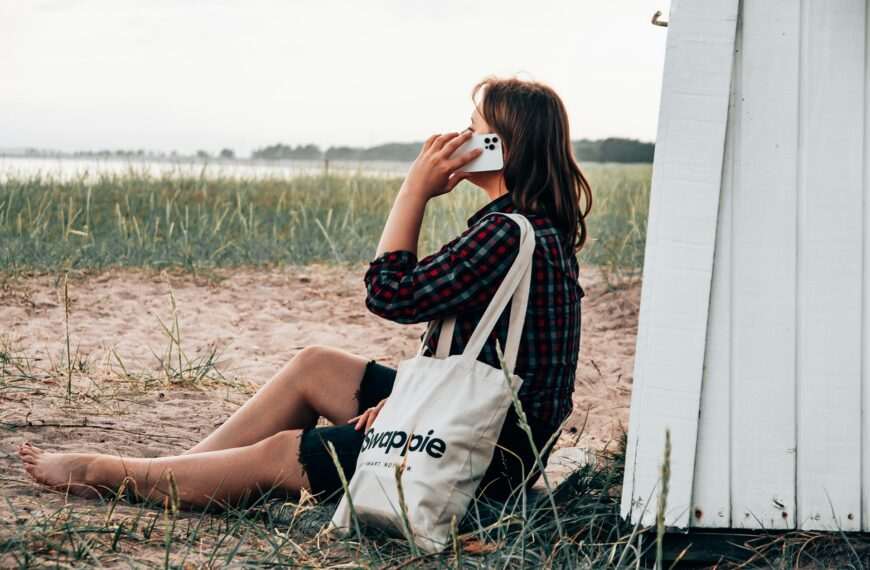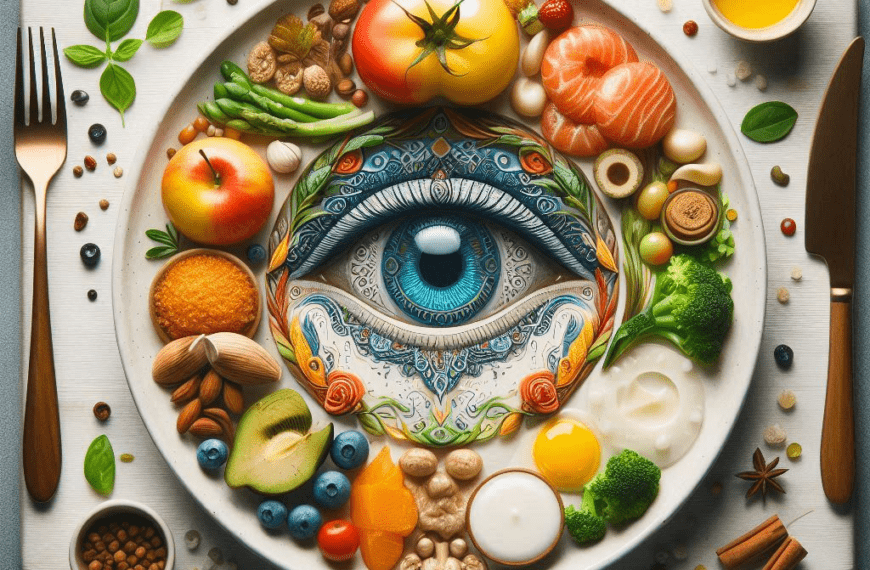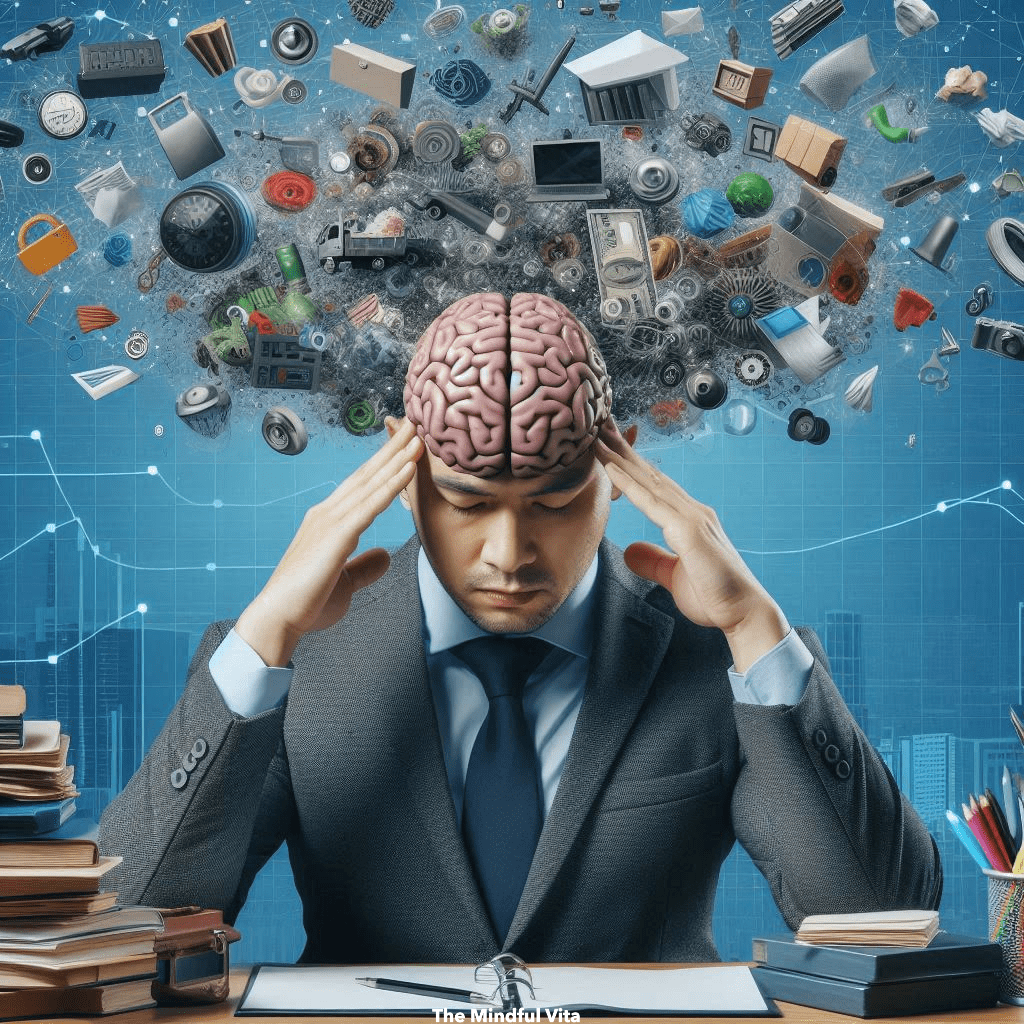
In a society that equates accumulation with success and self-worth, a counterintuitive movement is gaining momentum. Minimalism, often misunderstood as austere living, is actually a pathway to mental clarity, emotional freedom, and even greater productivity. It’s not about empty rooms or depriving yourself; it’s about intentionally curating your environment and, by extension, your life. This article delves into how decluttering your physical space can dramatically expand your mental landscape, offering benefits that ripple through every aspect of your existence.
The Hidden Toll of Clutter: A Mental and Emotional Burden
We often underestimate the impact of our physical environment on our mental state. A study by the Princeton University Neuroscience Institute found that physical clutter in your surroundings competes for your attention, resulting in decreased performance and increased stress. It’s as if every object in your cluttered space is a tiny voice, constantly demanding your attention, leaving little room for focused thought or relaxation.
But the cost of clutter isn’t just cognitive. It exacts an emotional toll as well. There’s the guilt of unused purchases—that treadmill turned clothes hanger, the juicer gathering dust, the stack of books you swore you’d read. Each item represents a commitment unfulfilled, a tiny weight on your conscience. Then there’s the anxiety, the nagging fear that the moment you discard something, you’ll need it. This “just in case” mentality leads to rooms filled with items for hypothetical scenarios, spaces that should be sanctuaries turned into storage units.
Moreover, in our hyper-connected, consumer-driven world, the fear of missing out (FOMO) drives us to accumulate. We buy the latest gadgets, the trendiest clothes, the must-have kitchen appliances, believing that these purchases will somehow make us happier, more successful, or more accepted. But as psychologist Dr. Elizabeth Dunn’s research shows, the happiness boost from material purchases is short-lived. We quickly adapt to new possessions, leaving us hungry for the next acquisition.
This cycle of accumulation doesn’t just clutter our homes; it clutters our calendars. Hours are lost to shopping, organizing, cleaning, and maintaining our ever-growing pile of possessions. In a cruel irony, the very things we think will make life easier often complicate it, stealing time that could be spent on what truly matters: relationships, personal growth, rest, and experiences.
The Minimalist Mind: Clarity, Freedom, and Growth
Enter minimalism, a philosophy that, at its core, is about intentionality. It’s not about owning nothing; it’s about ensuring that what you own adds genuine value to your life. When you start decluttering, both physically and mentally, remarkable changes occur.
First, there’s an increase in focus and productivity. In her book “The Life-Changing Magic of Tidying Up,” Marie Kondo notes that when we clear our space, we also clear our minds. This isn’t just anecdotal. A study in the Journal of Environmental Psychology found that participants in an organized space were able to work almost twice as long on challenging tasks compared to those in cluttered spaces. Imagine the projects you could complete, the goals you could achieve, with that kind of mental clarity and stamina.
But the benefits of minimalism extend far beyond productivity. There’s profound emotional liberation. Psychologist Dr. Susan Krauss Whitbourne writes that decluttering can lead to a significant reduction in cortisol, the stress hormone. When you let go of items that no longer serve you, you’re not just freeing up shelf space; you’re releasing emotional baggage. That box of mementos from a past relationship, once discarded, can make room for healing and new beginnings.
Moreover, minimalism fosters gratitude. When your space is filled only with items that truly add value—be it functional or sentimental—you appreciate each one more deeply. That hand-knit scarf from your grandmother becomes a treasure, not just another item in an overstuffed drawer. This gratitude, according to positive psychology research, is a cornerstone of happiness and resilience.
Financial clarity is another unexpected boon of minimalism. When you’re more intentional about your purchases, evaluating each one for its true value, you naturally spend less. But it’s more than just saving money; it’s about redirecting your resources—both financial and attentional—to what really matters. Instead of another gadget, you might invest in a cooking class that brings you joy, or put money towards a trip that creates lasting memories.
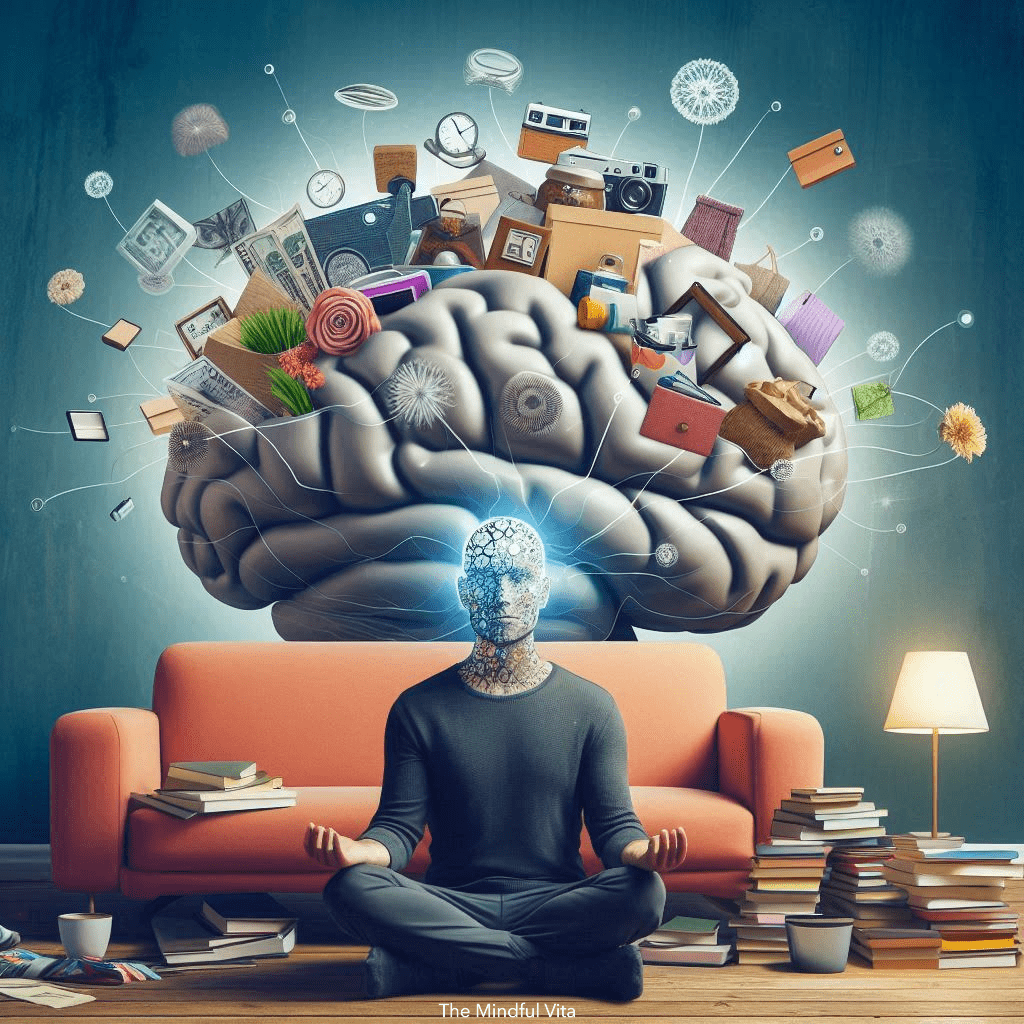
The Journey to More: Practical Steps
Embarking on the minimalist path doesn’t mean a weekend purge followed by monastic living. It’s a gradual, mindful process:
- Start Small: Begin with one drawer, one shelf. Small victories build momentum.
- The Joy Test: As Kondo suggests, hold each item and ask, “Does this spark joy?” It’s not about how much you discard, but how much you cherish what remains.
- Mindful Consumption: Before buying, pause. Will this add value? Is it replacing something better? This isn’t deprivation; it’s curation.
- Digital Declutter: Don’t forget your digital life. Unsubscribe from emails that don’t enrich you, organize files, clean up your smartphone. A cluttered desktop can be as distracting as a cluttered desk.
- Experiences Over Things: When you do spend, prioritize experiences. A study by Dr. Thomas Gilovich showed that experiential purchases lead to more lasting happiness than material ones.
The Ripple Effect: From Personal Space to Global Impact
The beauty of minimalism is its ripple effect. As you clear your space and mind, you’ll likely find:
- Improved Relationships: With less time managing stuff, you have more for connecting.
- Better Health: Reduced stress and more time for self-care, be it yoga, hiking, or simply a quiet cup of tea.
- Career Growth: Clarity and focus often lead to better work performance and decision-making.
- Environmental Benefits: Consuming less means a smaller carbon footprint. Your personal choice becomes a planetary kindness.
In a world that often feels chaotic and overwhelming, minimalism offers a path to control, not by grasping for more, but by intentionally embracing less. It’s a radical act of self-care and a powerful statement that your life is not defined by what you own, but by who you are and how you spend your precious time and energy.
So, as you stand amidst your belongings, remember: each item you mindfully remove is creating space. Space for peace, for growth, for the life you truly want to live. In the eloquent words of Joshua Becker, a pioneer of minimalism, “The first step in crafting the life you want is to get rid of everything you don’t.”
In a society that constantly tells us we need more to be more, minimalism whispers a profound truth: by letting go, we often find that we already have everything we need. Here’s to less stuff, more mental space, and a life rich in what truly matters.

